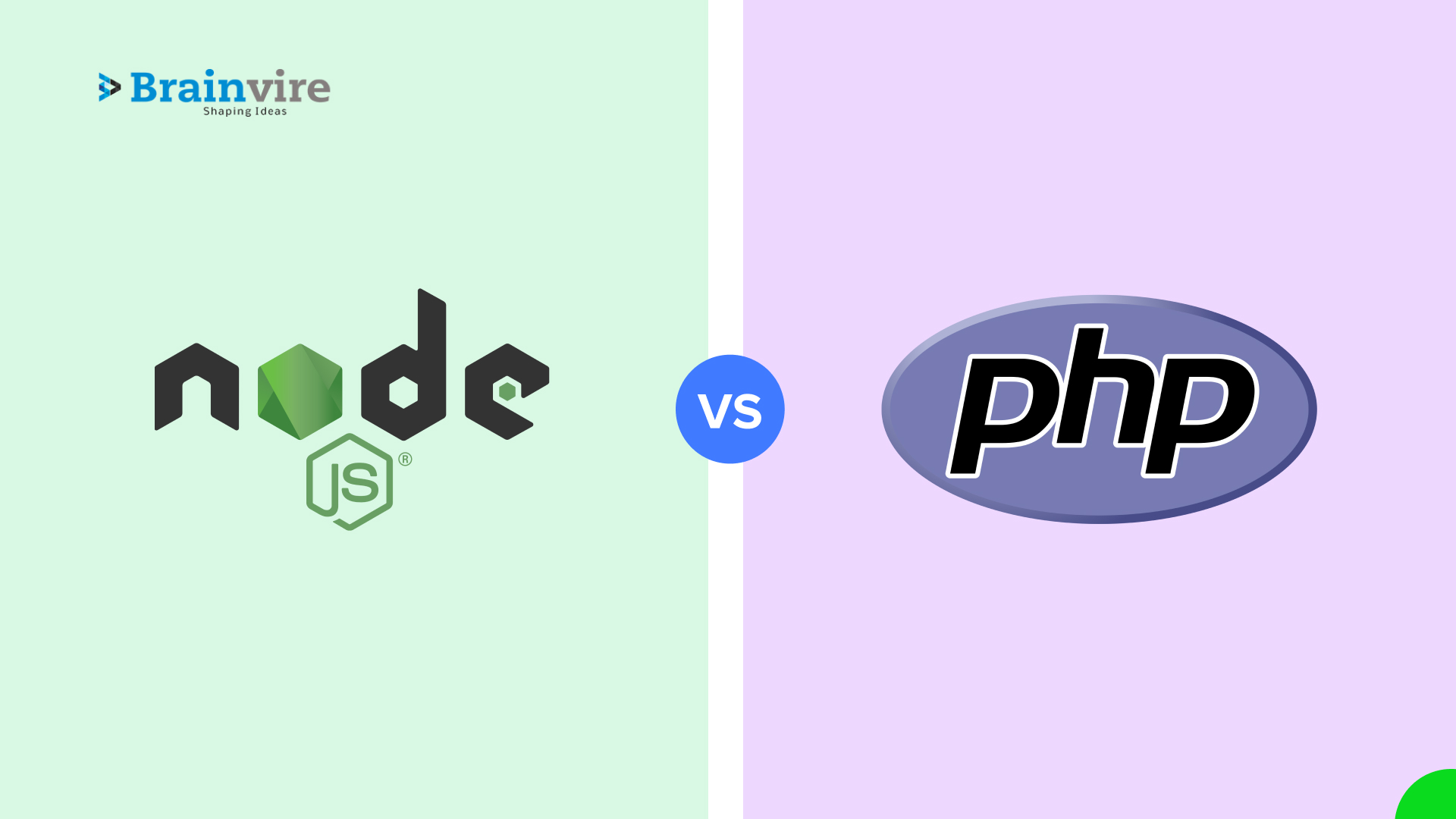Node.js is one of the most popular JavaScript technologies of the modern age that is being preferred by both the developers as well as the entrepreneurs for their web development needs. It is an awesome server-side framework used for the development of real-time web applications. Being built on a dynamic JavaScript platform and supporting the event-driven non-blocking I/O model, Node.js offers the best support for the development of distributed web applications which demand high performance and scalability.
Features like greater agility, reduced costs and lesser time to develop and market applications are a few reasons for why Node.js application development has gained popularity over time. It is only because of these inimitable features that Node.js best matches up to the ever and fast changing commercial landscapes of the modern times and also makes up for an ideal solution for the firms looking to develop large-scale, fast, dynamic and highly scalable applications to add value for their business.
Node.js allows developers to break the stereotypes associated with app development and this is how it does that.
1. Modular, Service-Oriented Architecture
Node.js supports a modular and service-oriented architecture, which is considered the best approach to deal with complex software. Node.js reduces the need to write longer lines of code for development, shortens the server response times in client-server communications and has the ability to handle a number of requests within a short time. While on the other hand, the frameworks that are widely used in the development of large-scale applications like Java take more time, require lengthy coding and can handle only a few requests within a specific time.
Node.js has revamped the monolithic application development process where a massive code base was required to be developed. By opting for Node.js Website development instead of Java development for large-scale developments, enterprises can reduce their investments in resources as well. This is because what can be done with few people in less time with Node.js shall require a larger team and more time with other development frameworks. With Node.js, the code can be managed efficiently and teams can collaborate effectively. It enables for faster app development process with improved collaboration between teams because it supports various pre-defined or customizable modules that can be easily shared across the teams and the applications.
2. A Rich Ecosystem
Node.js package registry, npm is the biggest package ecosystem which is three times bigger than any other package ecosystem. According to modulecounts.com, node.js registry consists of nearly 300,000 packages with more than 300 packages adding up daily to the registry. This ecosystem has got many dependencies within it and this makes easy to incorporate and adapt to it. Server-side development gets simplified with Node.js ecosystem which supports the work of low-level programmers as well as the front-end developers. All-in-all Node.js puts up for a rich ecosystem for the development of applications.
3. Improved Collaboration
Earlier with object-oriented programming languages like Java, only monolithic application development was possible with negligible sharing of discrete functional components. Here the code was basically shared in the form of large libraries as sharing components was quite difficult. But, with Node.js, application development has gained pace as it supports sharing of small and discrete functional components across the team for faster app development through effective team collaboration. The components encapsulate specific functionality that can be shared across teams and applications.
4. Reduce Time to Market Applications
All the above factors including the modular design, fewer lines of code, better collaboration across the teams and organization, and a rich ecosystem are together responsible to accelerate the time to market the applications with faster development processes. Moreover, with small modules and an internal registry for effective collaboration, it is quite easy to ship production-ready Node.js applications to the market.
Node.js is a JavaScript-based server-side framework which means it is a dynamic framework that allows developing, test, build and deploy new functionalities and user experiences through applications to keep pace with changing customer needs and market trends.
5. Reduced Costs
A typical Node.js application would require comparatively lesser instances and resources to host it on a server than the application that is based on any other platform like Java. While Java installation consumes a lot of RAM and requires more servers, node application can be run with a few instances only. A node.js applications can map to cloud-based environments easily thereby allowing for easy mapping of computational resources and servers. Moreover, as Node.js application development is a much faster and easier process, it requires less workforce as well to do it. Hence, the total labor costs are significantly reduced for application development with Node. When it’s a node.js application, fewer cloud instances could serve a number of subscribers while delivering low latency rates. Hence, the performance gets significantly improved at lower expenditure with Node.js development.
Wrapping Up…
Node.js breaks the stereotypes of conventional monolithic app development processes that require longer lines of code for development, large libraries for code sharing across the team, huge deployment or labor costs and more time to market for the applications. Compared to traditional app development processes, Node.js allows for faster, better, easier and cost-effective app development. Hence, look for Node.js development Company if you are looking to develop large-scale complex applications in lesser time and at cost-effective rates.
Contact Brainvire to hire node.js developer for node.js development services.
Related Articles
-
How Javascript Based Node.Js Framework Complements SAP Modules?
Talking About How Javascript Based Node.Js Framework Complements SAP Modules? As requirement changes over time, modification needs to be done in the existing SAP HANA system. So, in order to
-
Node.js Vs PHP: Which Backend to Choose for Your Next Project in 2024?
Discussing back-end development without mentioning the most prominent technologies, NodeJS and PHP, is almost impossible. Both technologies are rulers of the internet in their own right. While Node.js rules 1.11%
-
What is NodeJS and Why You Should Use It For Enterprise Apps?
The sky-high popularity of JavaScript is changing the face of web development drastically. The things we are able to do on the web nowadays are truly incredible, and one of



